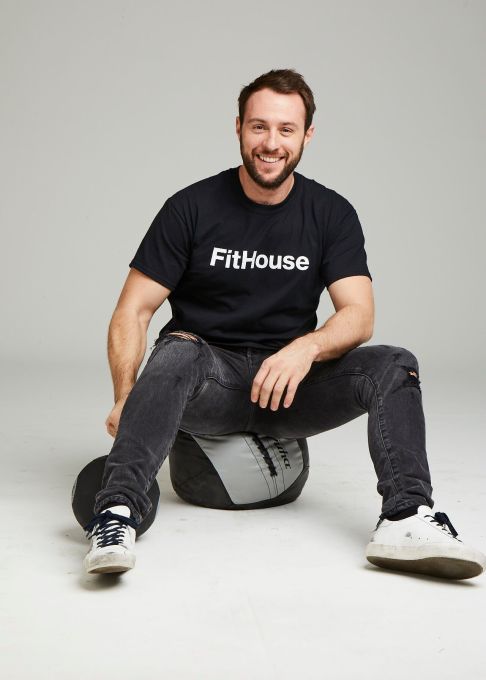FitHouse aims to make fancy fitness classes more affordable
Fitness-oriented New Yorkers aren’t facing a shortage of classes that they can sign up for, but the prices can add up — Clément Benoit, founder of a new startup called FitHouse, said boutique classes cost an average of $35 per session.
FitHouse, on the other hand, is charging $99 per month for unlimited classes. Contrast that not just with a traditional studio, but also with ClassPass, where pricing in NYC ranges from $45 (for two to four classes) to $135 (for eight to 12 classes) per month.
In many ways, FitHouse offers a more traditional model than ClassPass — instead of giving subscribers access to a classes run by other studios and instructors, it’s is building a studio of its own. Benoit said this gives the company more control over the experience, and bigger piece of the revenue, which he said “we redistribute to both the user and the instructors.”
Beyond the pricing, Benoit said FitHouse also stands out because of its approach to real estate. It’s looking to take over empty spaces that require a minimum amount of investment to make them ready for classes. And it’s signing six-month leases with the possibility of a longer-term extension, so that it can quickly spin up new locations in new neighborhoods, with a minimum of risk.
FitHouse has already opened its first location in New York’s Bowery neighborhood, with plans to launch 12 locations across the city over the next year.

Clément Benoit
Benoit also said he’s attracting the best instructors by putting them front-and-center in FitHouse’s marketing and scheduling, and by paying them 10 to 25 percent more than they’d normally make to teach a class. (Though to be clear, these instructors aren’t working with FitHouse exclusively.)
Benoit, by the way, is a tech entrepreneur who sold his last-mile delivery startup Stuart to GeoPost last year. (And he’s already raised a $3 million round from Global Founders Capital, Xavier Niel and Fabrice Grinda.) He admitted that FitHouse’s technology isn’t the most flashy part of the offering, but he said it’s still important that the startup created its own frontend and backend infrastructure.
“Just the fact that we have information on the user, we can deliver a personalized check in: You came last week, you had a great class with this instructor, how did you like it?” he said. “No studio does that. They don’t control the tech.”
No comments: